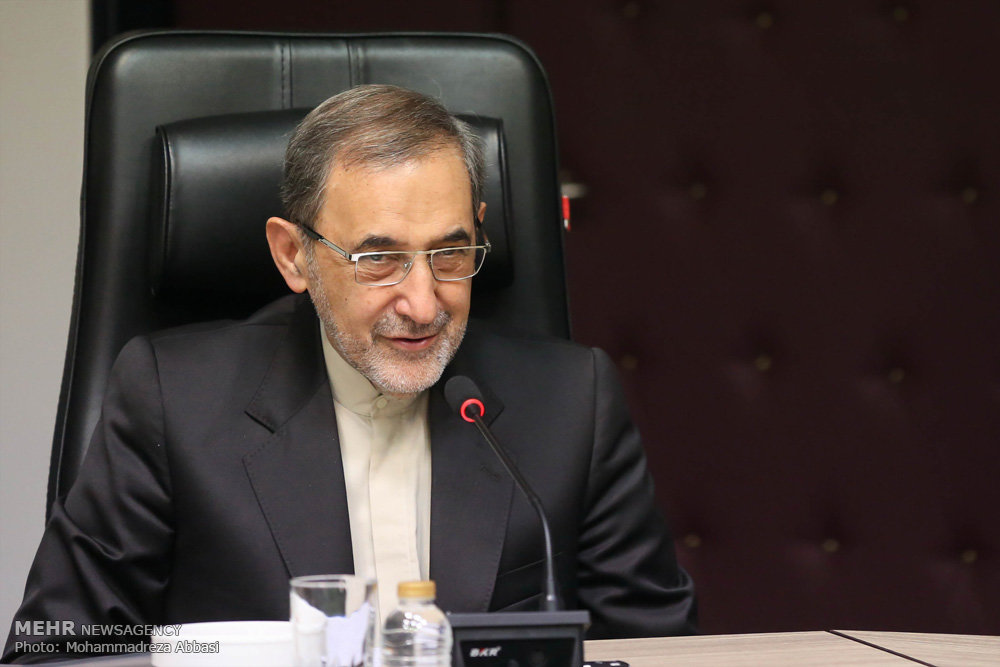Velayati: U.S. trying to create ‘new Middle East’ to break up nations

TEHRAN – The United States has been seeking to broaden division among Islamic states and create a “new Middle East” in order to break up regional states, says Ali Akbar Velayati, a senior advisor to Leader of the Islamic Revolution Ayatollah Ali Khamenei.
Velayati made the remarks during a conference on Islamic unity in the Iraqi capital, Baghdad, on Saturday. He was referring to U.S. Secretary of State Rex Tillerson’s recent Middle East tour and its consequences for the region.
The veteran politician said the Americans were seeking to establish bases for the North Atlantic Treaty Organization (NATO) with the help of certain Muslim states to prevent unity among these countries.
“The Americans and Zionists should know that as they were defeated in Lebanon, Syria and Iraq, their illusions won’t materialize. The resistance front in Iraq, Syria, and Lebanon will push them out of the eastern Euphrates,” Press TV quoted the advisor as saying.
Much of northeast Syria to the east of the Euphrates is controlled by the Syrian Democratic Forces (SDF), which is dominated by rebels from the Kurdish People’s Protection Units (YPG) and is backed by the U.S.
Last month, Washington announced that it would work with the SDF to set up a new 30,000-strong “border security” force along the Turkish border with Iraq and within Syria along the Euphrates River.
Velayati said the Americans and the West are trying to create “a new Middle East, whose reality will be marked by the disintegration of Muslim societies.”
He added that Washington was seeking to split Syria through its presence in the eastern Euphrates.
On Friday, Velayati met with Iraq’s Foreign Minister Ibrahim al-Jaafari in Baghdad, where he said the U.S. is the major problem for the region.
He said Tillerson’s Middle East tour took place following Washington’s failures in many areas.
Pointing to Washington’s policies toward the region, the advisor said the Islamic Republic is keeping an eye on the U.S. actions in the region.
The top adviser also said Iran, Iraq, and Syria will not let the U.S. exert its influence on the Kurdish areas.
Ibrahim al-Jaafari, for his turn, voiced his gratitude to Iran on behalf of the Iraqi government and nation, saying Iran plays a major role in supporting the resistance front in the region.
During his visit to Iraq, Velayati also met on Friday with Ammar al-Hakim, the head of the Islamic Supreme Council of Iraq (ISCI), to exchange views about the latest political developments in the region and ways to boost Tehran-Baghdad relations in all areas.
During the meeting, Hakim praised Tehran’s support for Baghdad in the fight against terrorist groups and said the Arab country is willing to boost its relations with its neighbors, especially Iran.
Iran stood alongside Iraq firmly during the fight against Daesh (ISIL), he said, adding that the sectarianism is fading away in favor of an Iraqi national identity.
He also pointed to the upcoming parliamentary elections due to be held in Iraq in May, expressing the hope for a better future for the Arab country given the change in the approach of Iraqi political groups.
MH/PA
